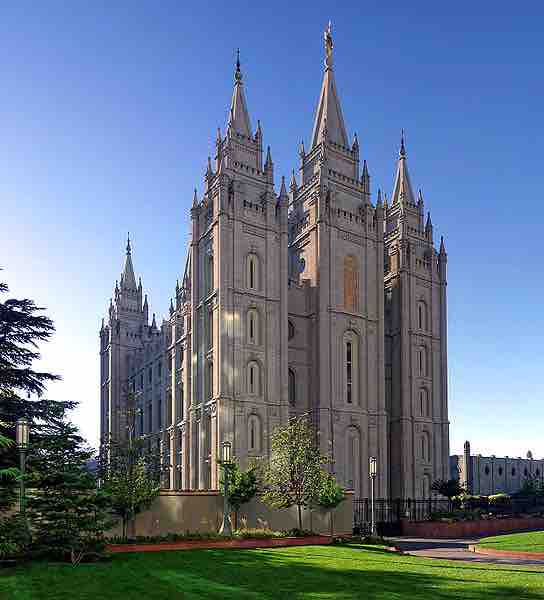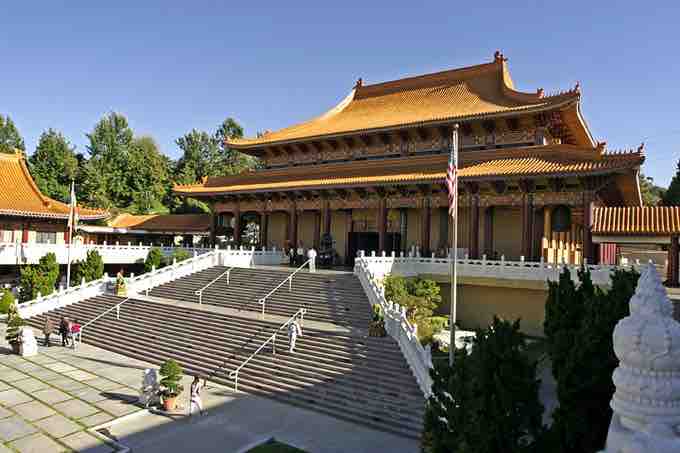Religion in the United States is characterized by both a wide diversity of religious beliefs and practices and by a high adherence level. According to recent surveys, 83% of Americans identify with a religious denomination, 40% state that they attend services nearly every week or more, and 58% say that they pray at least weekly. A majority of Americans report that religion plays a "very important" role in their lives, a proportion unique among developed nations. Many faiths have flourished in the United States, including both later imports spanning the country's multicultural immigrant heritage, as well as those founded within the country; these have led the United States to become one of the most religiously diverse countries in the world.
The majority of Americans (76% to 80%) identify themselves as Protestants or Catholics, accounting for 51% and 25% of the population respectively. Non-Christian religions (including Judaism, Islam, Buddhism, Hinduism, etc.), collectively make up about 5% of the adult population. Another 15% of the adult population claims no religious affiliation. When asked, about 5.2% said they did not know or refused to reply. According to the American Religious Identification Survey, religious belief varies considerably by region. The lowest rate is in the West with 59% reporting a belief in God, and the highest rate in the South (the "Bible Belt") at 86%.
Despite a high level of religious adherence, only 9% of Americans in a 2008 poll said religion was the most important thing in their life, compared with 45% who said family was paramount in their life and 17% who said money and career was paramount. Mark Chaves, a Duke University professor of sociology, religion, and divinity, found that 92% of Americans believed in God in 2008, but that they have significantly less confidence in their religious leaders than they did a generation ago.
From the early colonial days, when some English and German settlers came in search of religious freedom, America has been profoundly influenced by religion. That influence continues in American culture, social life, and politics. Several of the original 13 colonies were established by settlers who wished to practice their own religion within a community of like-minded people: the Massachusetts Bay Colony was established by English Puritans (Congregationalists), Pennsylvania by British Quakers, Maryland by English Catholics, and Virginia by English Anglicans.
The U.S. Census does not ask about religion. Various groups have conducted surveys to determine approximate percentages of those affiliated with each religious group. Some surveys ask people to self-identify, while others calculate church memberships. Christianity comprises 59.9% to 78.4% of affiliation, unaffiliated, including atheist or agnostic are 15.0% to 37.3%, Judaism are 1.2 % to 2.2 %, Islam about .6%, Buddhism 0.5 % to 0.9%, Hinduism 0.4% and other religions 1.2% to 1.4% in the United States.

Salt Lake Temple, Utah
It is the sixth temple completed by the church, requiring 40 years to complete, and the fourth operating temple built since the Mormon exodus from Nauvoo, Illinois.

Lightmatter Hsi Lai Temple in Los Angeles, California
The Hsi Lai Temple is the largest Buddhist temple in the United States.